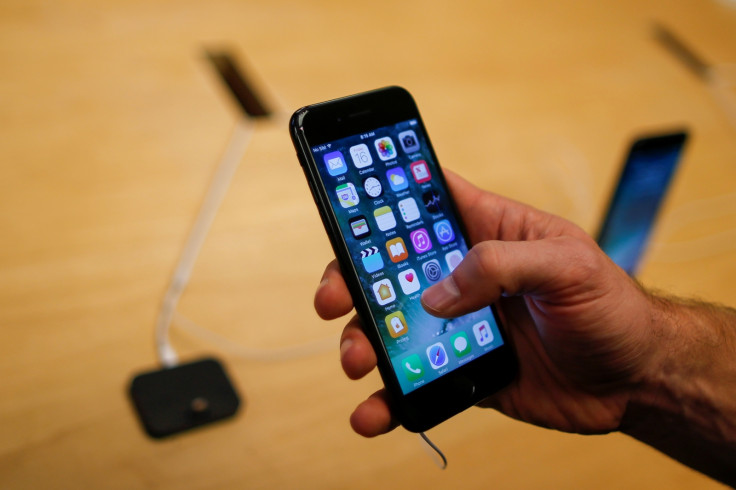Qualcomm wants import ban for Apple iPhones in US over licensing row
Unavailability or delay of the iPhone 8 in US could affect the company's sales drastically.

Chipmaker Qualcomm is seeking a US-wide import ban on all iPhones, over Apple's decision to stop paying it billions of dollars in licensing fees for smartphone chips. Banning the import of iPhones that are assembled in China and Taiwan would mean unavailability of the handset in the American market.
Qualcomm plans to petition the International Trade Commission (ITC) to stop future iPhone models, such as the upcoming iPhone 8, from entering US. The ITC has the power to block the import of goods assembled outside the country, and has a track record of processing decisions faster than regular federal courts.
For Apple, the ban could come as a big blow as its 2017 flagship, iPhone 8, is due for release sometime in September this year. Unavailability or a delay of the flagship in the US could severely affect the company's iPhone sales.
The dispute between the two companies goes back to an FTC complaint against Qualcomm that alleged it forced Apple to use its baseband chips for higher patent royalties. Apple followed the complaint with a $1bn (£780m) lawsuit against Qualcomm.
The chipmaker claimed the lawsuit was baseless and accused Apple of misrepresenting facts, and countersued the iPhone maker, stating: "Apple wants to leverage its immense power to force Qualcomm into accepting less than fair value for the patented technologies that have led innovation in cellular technology and helped Apple generate more than $760bn (£590bn) in iPhone sales."
Apple CEO Tim Cook did not rule out the possibility of settlement with Qualcomm, but said the legal battle is expected to be a lengthy one. Qualcomm has, however, not responded to any settlement news and the latest report indicates it plans to continue the legal battle with Apple.
"We strongly believe we're in the right. And I'm sure they believe that they are. And that's what courts are for. And so we'll let it go with that," Cook told Bloomberg about the dispute with Qualcomm earlier.
© Copyright IBTimes 2025. All rights reserved.





















